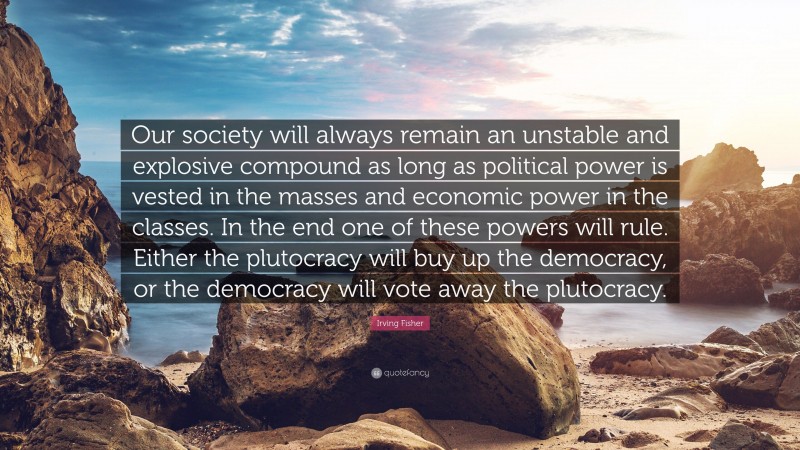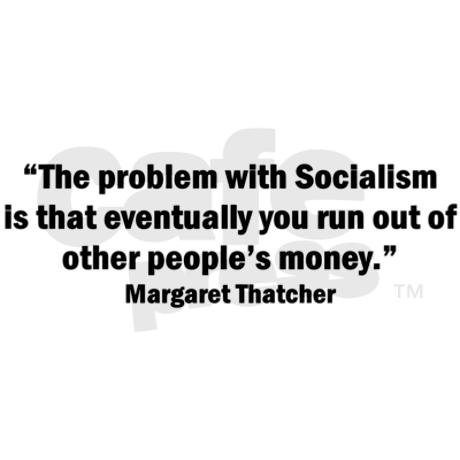
Ask yourself: how many books have been published describing the destruction of the postwar middle-class economic order and the advent of the shiny, plutocratized new one? Well, since I myself started writing about the subject in the mid-1990s-and thus earned a place on every book publicist’s mailing list-there have been at least a thousand, not counting the various management texts and libertarian sermons in which the advent of that new economy is not awful but magnificent! Glorious! An ideal toward which humanity must strive with our every muscle! This is a powerful and important work, but even so, I can’t help but think that it has arrived very late in the day. How many books have been published describing the destruction of the postwar middle-class economic order and the advent of the shiny, plutocratized new one? I admire the understated horror that runs through passages like this one, and there are many of them in The Unwinding, as Packer reports on the slow decay of the industrial Midwest, or describes the moment when a good political soldier finds out that the investment banks of America are “technically insolvent,” or tells us about the newspaper reporter who stumbles upon the big story behind the housing bubble only to discover that nobody cares about journalism anymore.
Plutocracy quotes full#
Some nights he sat up late on his front porch with a glass of Jack and listened to the trucks heading south on 220, carrying crates of live chickens to the slaughterhouses-always under cover of darkness, like a vast and shameful trafficking-chickens pumped full of hormones that left them too big to walk-and he thought how these same chickens might return from their destination as pieces of meat to the floodlit Bojangles’ up the hill from his house, and that meat would be drowned in the bubbling fryers by employees whose hatred of the job would leak into the cooked food, and that food would be served up and eaten by customers who would grow obese and end up in the hospital in Greensboro with diabetes or heart failure, a burden to the public, and later Dean would see them riding around the Mayodan Wal-Mart in electric carts because they were too heavy to walk the aisles of a Supercenter, just like hormone-fed chickens.


He was seeing beyond the surfaces of the land to its hidden truths. Here, for example, is Packer’s description of how, after nursing quiet misgivings about the great American FUBAR, a North Carolina truck stop owner came to an epiphany one night: But for all their misfortunes, Packer’s people are never hopeless they are strivers and activists and self-taught prodigies who have figured it all out-or who think they have figured it all out. Weirdly, just about everyone in the book seems to lose money in real estate.
Plutocracy quotes tv#
It presents an astonishing cast of characters: desperate Wal-Mart associates firsthand observers of Wall Street’s political power billionaire TV talkers convinced of the righteousness of the self-help gospel. The book is intimate with failure but also with the libertarian ebullience felt by society’s winners.

He tells us what life is like on an auto-parts assembly line how money gets its way in Washington and what it sounds like when a Tea Party leader contrives to kill a public-works proposal that would put her unemployed engineer husband back to work. Following the lives of a handful of characters, Packer manages to bring together such varied phases of the disaster as the deindustrialization of Youngstown, Ohio, and the epic boom and bust in Florida real estate-he takes us, in other words, from a landmark disaster of the Carter years to a vision of bony cows wandering among abandoned suburban houses during the Obama administration.

George Packer’s The Unwinding is a minor masterpiece of the social-disintegration genre-a beautifully written, clinically observed story of the slow-rolling economic transformation that has, over the last 30-odd years, made vast parts of America into a destitute wasteland while lifting a fortunate few to a kind of heaven on earth.


 0 kommentar(er)
0 kommentar(er)
